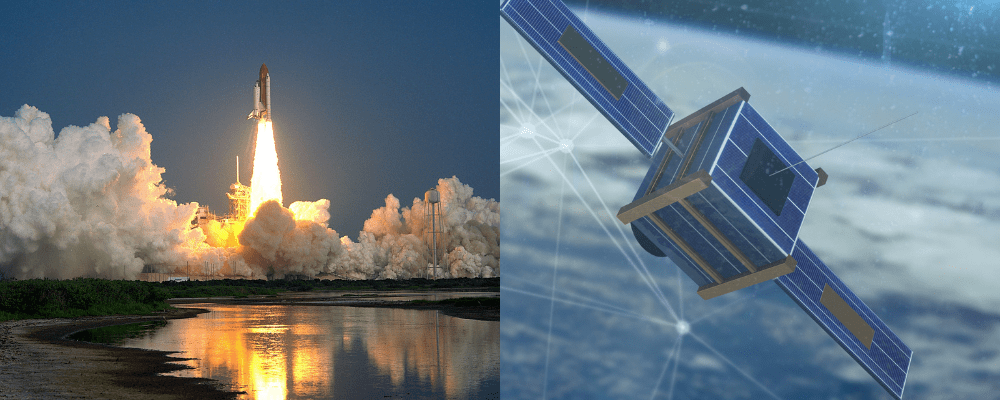Welcome to Aftech Services, your trusted source for in-depth insights into the cutting-edge world of space technology. This blog will delve into space technology companies’ latest developments and trends. Our target audience, the tech experts, will find this SEO-optimized article to be a valuable resource. We’ll explore the advancements, innovations, and the role of space technology companies in shaping the future of space exploration.
What is Space Technology?
Space technology is a multifaceted field that encapsulates many innovations and systems specially crafted for space exploration, satellite communications, and Earth observation. It is a testament to human ingenuity, allowing us to traverse the final frontier, understand our planet more profoundly, and communicate globally. In this note, we’ll delve into the intricacies of space technology, examining its various facets and the specialized companies behind its development and deployment.
Defining Space Technology
Space technology comprises a collection of scientific and engineering disciplines geared toward advancing our knowledge, capabilities, and operations beyond Earth’s atmosphere. It involves designing, constructing, and utilizing equipment, spacecraft, and infrastructure to facilitate space exploration, satellite-based communication, and the observation of Earth and celestial bodies.
Critical Components of Space Technology
-
Space Exploration:
The most prominent aspect of space technology revolves around exploring outer space. It encompasses the development of spacecraft, propulsion systems, and robotics, enabling humans and autonomous devices to travel to other celestial bodies, such as the Moon, Mars, and beyond. Space technology is also pivotal in designing space habitats and life support systems necessary for extended missions.
-
Satellite Communications:
Space technology has revolutionized global communication by deploying satellites in Earth’s orbit. These artificial satellites are relay stations for transmitting television signals, telephone calls, internet data, and weather information across vast distances. Companies specializing in satellite technology design, build, launch, and maintain these crucial satellites.
-
Earth Observation:
Space-based systems are instrumental in monitoring Earth’s climate, weather patterns, natural disasters, and environmental changes. Space technology companies develop and operate satellites equipped with sensors and imaging technology to collect vital data for scientific research, disaster management, agriculture, and urban planning.
Key Players in Space Technology
Space technology companies are diverse in their offerings and objectives. Here are some notable players
Numerous companies worldwide have dedicated themselves to advancing space technology and have become pivotal players in the industry. Some prominent names include:
- SpaceX: Founded by Elon Musk, SpaceX focuses on reducing space travel costs through innovations like reusable rockets and ambitious missions to Mars. SpaceX, led by visionary entrepreneur Elon Musk, has revolutionized space transportation with its reusable rockets, like the Falcon 9 and Falcon Heavy. They aim to make space travel more affordable and accessible.
- Blue Origin:Jeff Bezos’ venture is dedicated to making space travel more accessible by developing reusable launch vehicles and suborbital space tourism. Blue Origin, founded by Amazon’s Jeff Bezos, focuses on reusable launch vehicles and suborbital space tourism. Their New Shepard spacecraft has garnered attention for its pioneering efforts.



